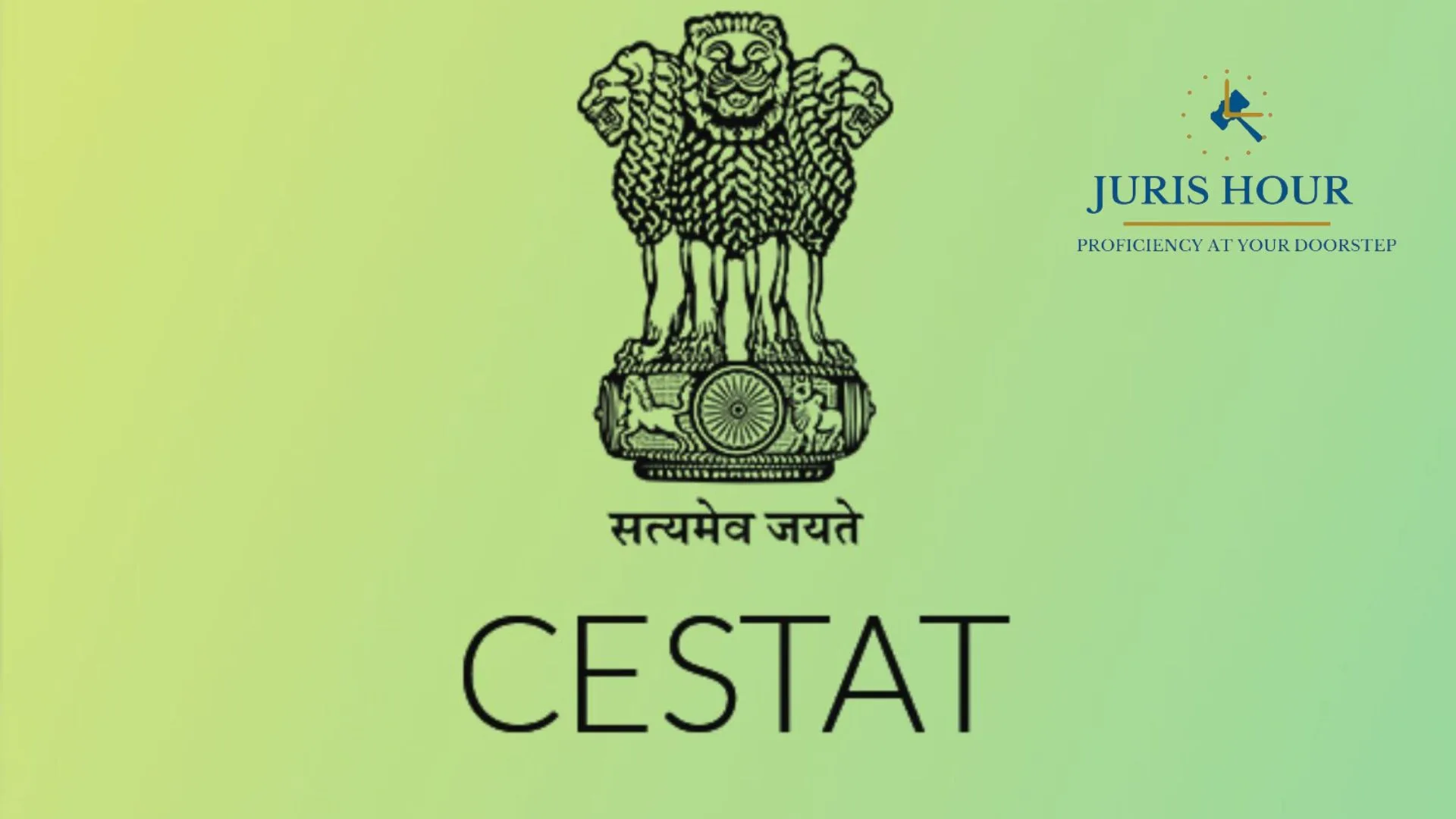The Banglore Bench of Customs, Excise and Service Tax Appellate Tribunal (CESTAT) has held that rendering customer support services to parent companies does not qualify as ‘intermediary service’ and service tax is not payable.
The bench of D.M. Misra (Judicial Member) and R Bhagya Devi (Technical Member) has observed that the basic requirement to be an intermediary is that there should be at least three parties; an intermediary is someone who arranges or facilitates the supply of goods or services or securities between two or more persons. In other words, there is a main supply and the role of the intermediary is to arrange or facilitate another supply between two or more other persons and, does not himself provide the main supply.
Table of Contents
Background
The respondent/assessee is registered with the Service Tax Department for providing various taxable services under the category of Information Technology and Software Services(ITSS), Management of Business Consultant Service, Business Auxiliary Service (BAS) and Business Support Service (BSS).
On the basis of the audit of their records, it is alleged that they have entered into a Research & Development Agreement dated 02.05.2003 with their foreign company for the purpose of providing research and development of software.
The agreement was amended from time to time and w.e.f. 01.01.2004, the respondent added Marketing and Support Service (M&S Service). The said M&S Service include marketing and sales & customer support service in addition to R&D service (software development).
Also w.e.f. 01.04.2017, they had made three separate agreements with their parent company who are in non-taxable category. The services rendered by the respondent in relation to products are identification of customers, providing information and educating potential customers, procuring information from the clients in terms of their requirements/expectation regarding the pricing of their product, passing on the information to their foreign company, providing demonstrations and presentations to the customer on the application of the products and maintenance and support services for the products, etc.
The services by the assessee amounts to provision of a declared service and the amount received against such services had been reflected in the ST-3 returns for the period July 2012 to June 2017 as ‘export services’ under the category of ITSS and accordingly service tax was not paid.
Alleging that the services rendered by the respondent as an ‘intermediary’ service and not covered under the Export Service under the Place of Provision of Services Rules, 2012 (POS Rules, 2012), show-cause notice was issued to them on 24.04.2018 demanding service tax with interest and penalty. On adjudication, the demand was dropped by the learned Commissioner.
Arguments
The department argued that the adjudicating authority has erred in observing that the show-cause notice is vitiated by vagueness on non-framing of specific charges. The show-cause notice has specifically alleged that the services provided by the appellant fall under the scope of ‘intermediary service’ as per provisions of Rule 9 of POPS Rules, 2012. The place of provision is the location of the service provider which is in India. Therefore, the service does not qualify as an export service in terms of Rule 6A of the Service Tax Rules, 1994.
In the show-cause notice, it has been elaborately discussed the description of services rendered and each of the aspects of the service with reasons for considering the same as ‘intermediary service’. Hence, the finding of the Commissioner that the show- cause notice is vague is incorrect.
The assessee contended that the respondent has not facilitated / arranged any services and hence, the Customer Support and Marketing & Sales Support services rendered by them to the parent company in USA are not qualified as ‘intermediary service’.
The assessee argued that there is no agent-principal relationship between the service provider and the service recipient. They have rendered Customer Support Services & Marketing and Sales Support Services and the consideration for the said services is paid on cost+ mark-up basis. Thus, the respondent had provided the services on principal-to-principal basis and not an intermediary service.
Issue Raised
The issue raised was whether the services rendered by the respondent to their parent company situated in the USA is an ‘intermediary service’ or otherwise.
Conclusion
The court held that the basic requirement to be an intermediary is that there should be at least three parties. An intermediary is someone who arranges or facilitates the supply of goods or services or securities between two or more persons.
In other words, there is a main supply and the role of the intermediary is to arrange or facilitate another supply between two or more other persons and, does not himself provide the main supply.
The court held that the order is upheld and the department’s appeal being devoid of merit is rejected.
Case Details
Case Title: Commissioner of Central Tax Versus M/s. Informatica Business Solutions Pvt. Ltd
Case No.: Service Tax Appeal No. 20390 of 2019 Service Tax Cross Objection No.20360 of 2019
Date:
Counsel For Appellant: CA Shailendra S Satloja
Counsel For Respondent: AR M.A. Jithendra

